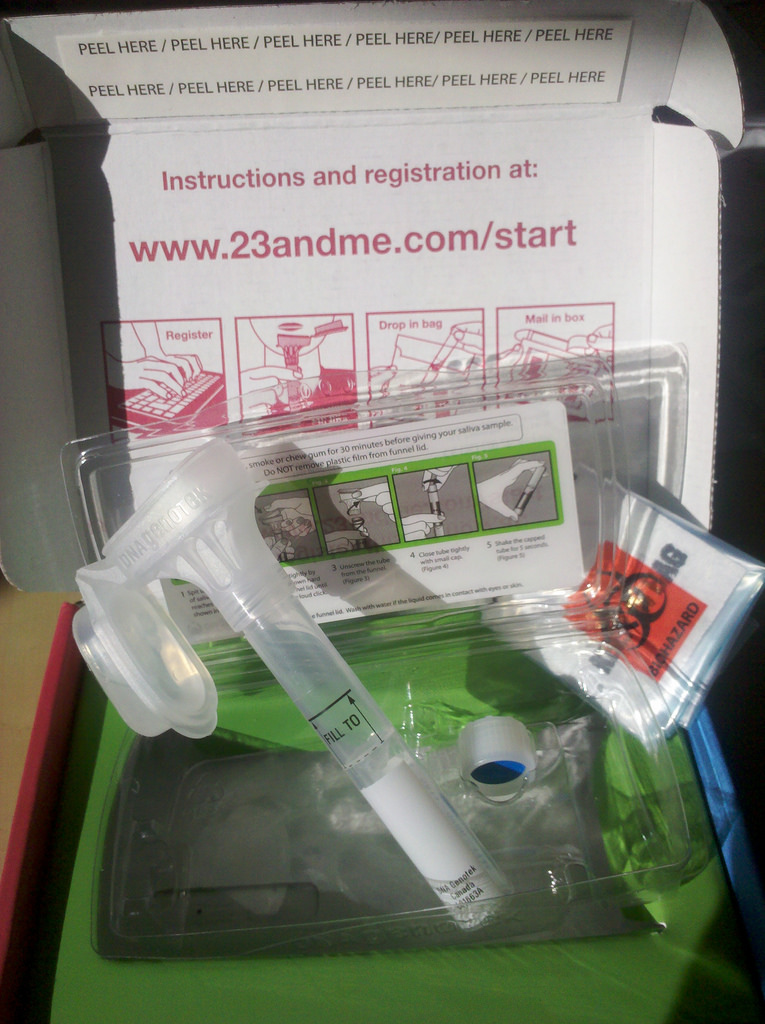The FDA’s 23andMe decision will also change the rules for all at-home medical genetic testing
By Dave Gershgorn,
Quartz
| 04. 10. 2017
Doctors are losing their role as the gatekeeper of our health information, for better or worse.
Last week, the US Food and Drug Administration made a surprise announcement giving genetic testing company 23andMe clearance to sell a service that gives customers a risk analysis for 10 genetically linked diseases. It reverses a 2013 decision that cited concerns that inaccurate testing results—and potential customer misinterpretation—made for a public health threat, and builds on a 2015 agreement between the FDA and 23andMe that allowed the company to offer a test that told customers of their “carrier status” of genetic markers for certain diseases—but not assess their actual risk. This latest decision means 23andMe will again be able to provide specific risk analyses to customers, and perhaps more importantly, throws the door wide open to dozens of other companies to run out their own versions of at-home genetic risk-analysis products.
The disease risk that 23andMe offers isn’t a diagnosis; it just gives you your potential for elevated risk. For example, if a person inherited a copy of the ApoE4 gene variant from both...
Related Articles
A Review of Exposed by Becky McClain
“Do not get lost in a sea of despair. Be hopeful, be optimistic. Our struggle is not the struggle of a day, a week, a month, or a year, it is the struggle of a lifetime. Never, ever be afraid to make some noise and get in good trouble, necessary trouble.”
— John Lewis
Becky McClain became famous when she successfully sued Pfizer, one of the very largest pharmaceutical and biotech companies. She...
By Katherine Long, Ben Foldy, and Lingling Wei, The Wall Street Journal | 12.13.2025
Inside a closed Los Angeles courtroom, something wasn’t right.
Clerks working for family court Judge Amy Pellman were reviewing routine surrogacy petitions when they spotted an unusual pattern: the same name, again and again.
A Chinese billionaire was seeking parental...
By Sarah Kliff, The New York Times | 12.10.2025
Micah Nerio had known since his early 30s that he wanted to be a father, even if he did not have a partner. He spent a decade saving up to pursue surrogacy, an expensive process where he would create embryos...
By Carter Sherman, The Guardian | 12.08.2025
A huge defense policy bill, revealed by US lawmakers on Sunday, does not include a provision that would have provided broad healthcare coverage for in vitro fertilization (IVF) for active-duty members of the military, despite Donald Trump’s pledge...




